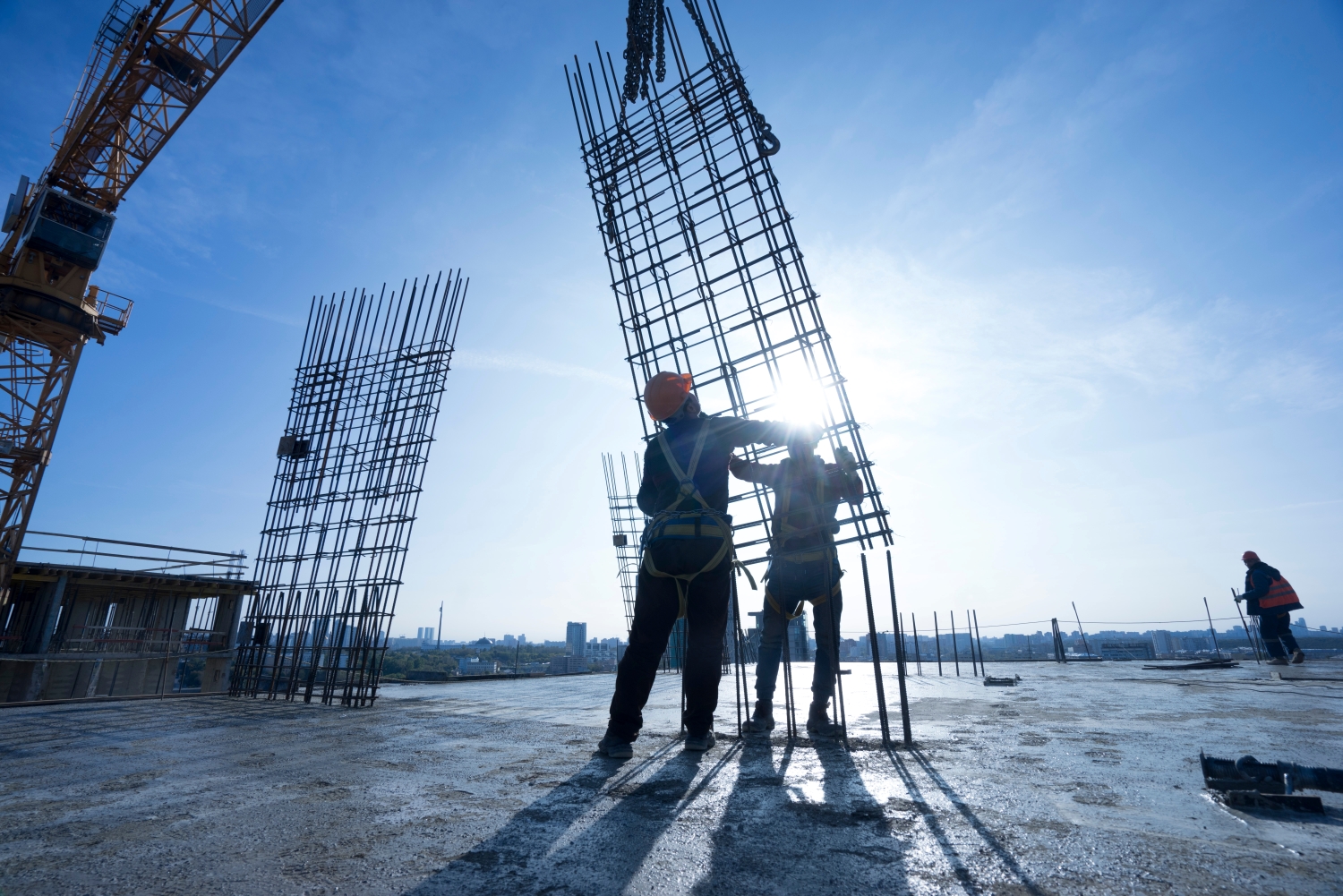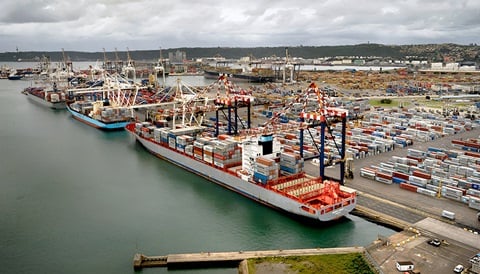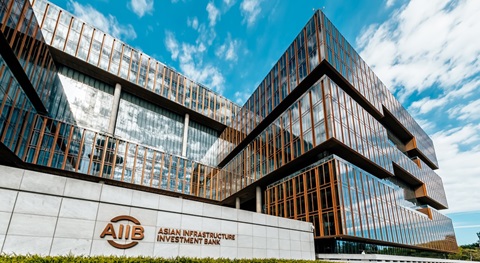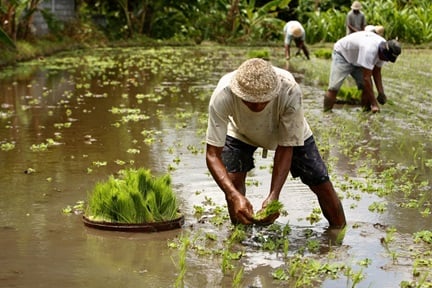China steps up infrastructure build up in Africa
The pace of Chinese-funded infrastructure projects in Africa shows no sign of slowing down. However, not every project is going smoothly.
By Amit Jain

On the tarmac of Kampala’s Entebbe International Airport Chinese technicians and their Ugandan counterparts put final touches on the aprons as planes fly in and out. The 70-year-old airport, which was last refurbished in the early 1970s, is now getting an upgrade and a facelift – financed entirely by China. But there is a problem. Ugandan officials complain they have been boxed into a corner after the Export-Import Bank of China (China Exim-Bank) rejected their request to renegotiate ‘toxic clauses’ in the US$200m loan deal which is financing the upgrade.[1] According to investigative press reporters these controversial provisions, if not amended, threaten Ugandan sovereign control over the airport. The risk presented by the clauses prompted Uganda to send an 11-member delegation to Beijing to plead with Exim Bank to renegotiate the clauses. In the meeting, the four Exim Bank executives reportedly rejected any amendments to clauses of the signed Financing Agreement, and made it clear to the Ugandan executives that any attempts to make alterations would set a bad precedent. In addition, the Chinese allegedly told their guests that they saw no cause to warrant the amendment. The lenders apparently ‘advised’ the Ugandans and his team to accept “friendly consultations” from time to time, to ensure smooth implementation of the airport expansion project. China Exim-Bank earlier froze financial disbursement after the Uganda Civil Aviation Authority (UCAA) failed to implement some of the provisions of the loan agreement.
The project is scheduled to be implemented in two phases. The first phase, with three-quarters finished, involves construction of a new passenger terminal, a new cargo complex, and upgrade of two runways and their associated taxiways, rehabilitation and overlay of three aprons. According to the state-run China Communications Construction Company (CCCC) which was contracted to design, construct and manage the project the new cargo building is about 10,000 sqm and when complete will be able to handle 100,000 tons of cargo per year. The new passenger terminal building is 20,000 sqm and will be able to handle 3 million passengers per year. When the expansion project is completed, Entebbe International will become one of the most modern airports in East Africa. Its construction is a vivid demonstration of the exemplary role that China has played in the improvement of Africa’s infrastructure. The airport is connected to the 49.56 km-Entebbe-Kampala expressway, which links the capital Kampala. The construction of the four-lane dual carriageway was also financed by the China Exim-Bank. Despite the controversy surrounding confidentiality clauses, lack of transparency over the loans deals and widespread graft Africans, for most part, see Chinese involvement as critical to meet their development needs.
Elsewhere, another state-owned engineering behemoth – the China Railway Construction Corporation (CRCC) has been busy undertaking mega projects across Africa. It helped build the Lagos-Ibadan railway in Nigeria, the first modern standard gauge double track railway in West Africa and one of the longest on the continent. Financed by the Export-Import Bank of China, the 157-kilometer railway links Nigeria’s largest city, with Ibadan, its industrial capital. In April CRCC also signed a deal worth US$3.02bn for the rehabilitation and reconstruction of the Nigerian Eastern Railway from Port Harcourt to Maiduguri.[2]
While building more hard-infrastructure facilities such as roads, railways and bridges in Africa, Chinese-state run engineering firms are pushing their subsidiaries to transform themselves from simply being engineering project contractors to end-to-end ‘value chain’ developers. A CRCC subsidiary – the 20th Bureau Group Corporation (CR20G), for example, built a rice processing plant in Mozambique, in 2017. According to Guo Wei, CR20G's country head for Mozambique operations by June 2021, the project had harvested area of 2,400 hectares and produced 16,600 metric tons of rice – all of which was sold in local markets.
Chinese-funded infrastructure projects have often come under intense public scrutiny and not all have gone according to plan. China’s recent decision to stop financing coal-fired power projects has left Zimbabwe's power projects hanging in the balance, for example. The fate the US$1.5bn Hwange Power Station expansion, which was funded by China and is 72% complete, now hangs in the balance.[3] China had also committed to finance the rehabilitation of three other thermal power stations- Bulawayo, Harare and Munyati – none of which, now seems likely to come into effect.
References
[1] https://www.thecitizen.co.tz/tanzania/news/africa/uganda-to-surrender-entebbe-international-airport-over-chinese-cash-3631710
[2] Silkroute News, 18 October 2021
[3] CAJ News, 20 Oct 2021







